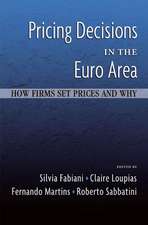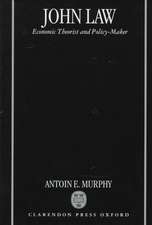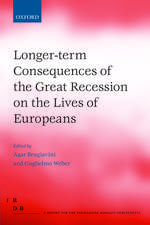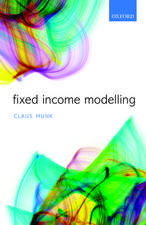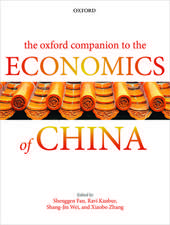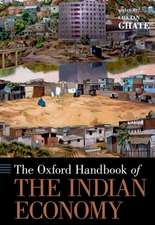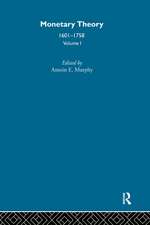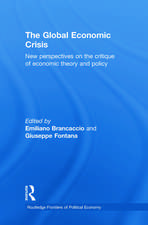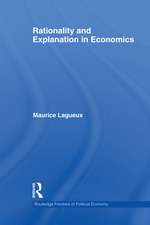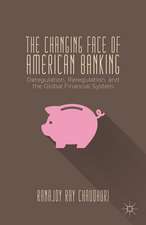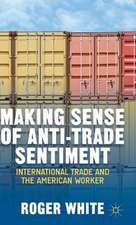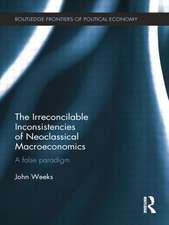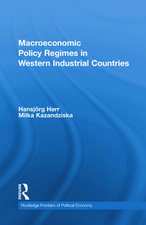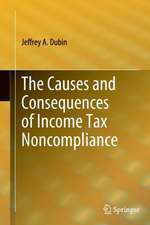The Fall of the Celtic Tiger: Ireland and the Euro Debt Crisis
Autor Donal Donovan, Antoin E. Murphyen Limba Engleză Paperback – 10 iul 2014
| Toate formatele și edițiile | Preț | Express |
|---|---|---|
| Paperback (1) | 251.90 lei 31-38 zile | |
| OUP OXFORD – 10 iul 2014 | 251.90 lei 31-38 zile | |
| Hardback (1) | 477.00 lei 31-38 zile | |
| OUP OXFORD – 6 iun 2013 | 477.00 lei 31-38 zile |
Preț: 251.90 lei
Preț vechi: 290.34 lei
-13% Nou
Puncte Express: 378
Preț estimativ în valută:
48.20€ • 50.33$ • 39.89£
48.20€ • 50.33$ • 39.89£
Carte tipărită la comandă
Livrare economică 24-31 martie
Preluare comenzi: 021 569.72.76
Specificații
ISBN-13: 9780198719960
ISBN-10: 0198719965
Pagini: 352
Dimensiuni: 153 x 232 x 19 mm
Greutate: 0.51 kg
Ediția:Updated
Editura: OUP OXFORD
Colecția OUP Oxford
Locul publicării:Oxford, United Kingdom
ISBN-10: 0198719965
Pagini: 352
Dimensiuni: 153 x 232 x 19 mm
Greutate: 0.51 kg
Ediția:Updated
Editura: OUP OXFORD
Colecția OUP Oxford
Locul publicării:Oxford, United Kingdom
Recenzii
This book is the best so far on the Irish financial crisis of 2008
Notă biografică
Donal Donovan is a Member of the Irish Fiscal Advisory Council, Adjunct Professor at the University of Limerick, and Visiting Lecturer at Trinity College Dublin. He is a former deputy director at the International Monetary Fund with considerable experience in the area of financial crises. He has advised in the preparation of two major reports on the Irish financial crisis. He is a member of the newly appointed Fiscal Advisory Council of Ireland.Antoin E. Murphy is Professor Emeritus of Trinity College Dublin. He is the author of three books published by Oxford University Press. He is an expert in the area of the history of economic thought and has a deep historical knowledge on asset market bubbles and financial crises.

